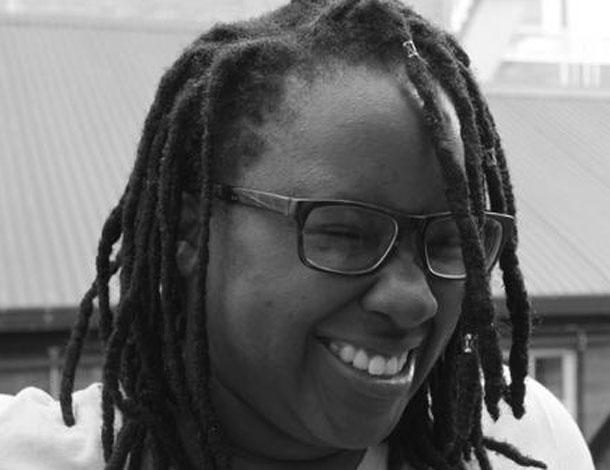The year continues on and the year seems to get more and more difficult to manoeuvre.
From terrorism, to protests, to taxes, to paying the rent to hating your boss. It would seem that everyday there is some new cluster storm to deal with and as a black woman there is always just that little extra element of misogynoir flavour to add to the mix.
There are few fighting the storm as much as the average feminist of colour. Coupled with this is the beautiful yet dangerous idea of the strong feminist, a woman who is willing to bear the world on her shoulder and has been doing mental, emotional and psychological press ups so she can smash patriarchy in the face all day every day.
With ideas of mental health in many spaces within Africa still being equated to ideas of possession and witchcraft, trying to tackle the stigma becomes increasingly difficult. Added onto this, data shows that 90 percent of people who remain untreated for schizophrenia live within developing countries. Within South Africa, 1 in 3 people suffer from a mental illness. However, one sees some of the biggest government-run mental health facilities being shut down, whilst in Nigeria there are fewer than 200 psychiatrists working within a population of upwards of 168 million.
Despite the scarce mental health resources continentally, we can’t deny that there is an increasing focus, especially amongst black women, on the need to take care of ourselves and take care of our mental health. There are several think pieces about keeping your mental health in check whilst engaging with people offline who want to ‘pick your brain’ or disconnecting from the online space to preserve your own sanity. However, something we need to be talking about is, whilst engaging in self care, are we also taking care of each other?

Speaking to some women who engage within the #AfriFem/ #BlackFeminisms realm who raised the very interesting notion of ‘politicising my pain’, and I saw how often pain will be conceptualised and explained with feminist theories and ideas but will not actually be engaged with. They relayed instances in which they spoke about mental health, self care and burnout and instead of receiving the private and deep support they needed they were met with an outpouring of public support.
Activists and feminists are out here smashing the patriarchy with one hand and holding a box of tissues with the other as they battle personal demons; and these come in many forms, be they emotional, psychological or even physical. Often what happens when these are expressed in public spaces is that there is an outpouring of solidarity through statements like ‘we support you sis’ and broken heart emojis. But are people slipping into Facebook messenger to make sure people are okay? Are they hitting up the inbox and saying ‘yoh, before I like or comment that was deep, what is going on?’ Are we taking the time to make the personal actually personal before it becomes political?
Part of self-care is surrounding ourselves with people who help us accomplish #SquadGoals. Too often, we will align with people simply because they share our politics but then will not share our lives. This is not friendship, that is business. If that is all it is, then that is fine, but do not lie to yourself. We unfortunately live in a time where there are a lot of ‘professional activists’, people who will show up and turn up the caring and love rhetoric to 1000 dB, but behind closed doors are spreading pain on an unprecedented level.
There are those out there who are creating safe spaces for their sisters, who are checking in and asking whether, outside of that amazing project, are they holding it together and that for me, is the true definition of sisterhood. Those who are meeting for a drink to ask if the pressure of rent or parents or periods aren’t too deep. Those who are allowing for their sister’s pain to be as problematic and large and all-consuming as it needs to be, because in allowing that it realises her humanity. Those who can understand that her personal pain and problems are not always political.
We need to ask each ourselves, and each other, if we are simply showing public displays of support or if we are also slipping into the DMs like a thirsty dude on a lazy Sunday afternoon. Are we checking in outside of the likes, hashtags, conferences, protests and petitions? Are we making sure that the talk of love and community care is private as much as it is public? The wave after wave of chaos we call reality will get us down because it seems like a never ending evil; and being human this will get to us.
About the author
Kagure Mugo is the Co-Founder of HOLAA, a Black Feminisms Forum Content Partner. The Black Feminisms Forum will be held on the 5 & 6 September, 2016 in Salvador, Bahia, ahead of the 2016 AWID Forum.
